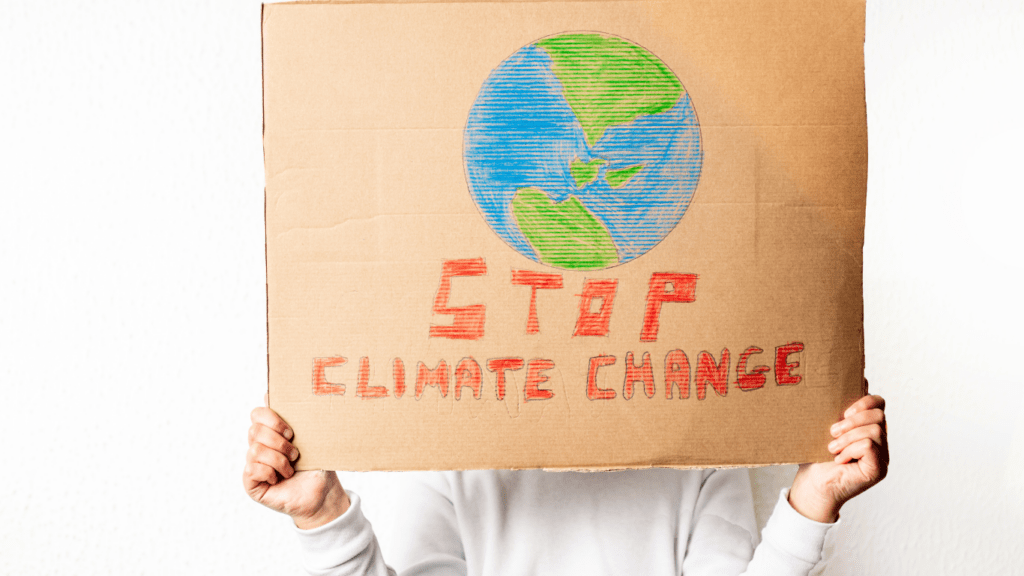Political Changes and Elections
Entering 2024, political landscapes around the world face significant transformations. Several key elections are set to define policies and leadership styles globally.
US Presidential Election
In the US, the presidential election remains a focal point. Candidates from major parties, including the Democrats and Republicans, are actively campaigning, presenting distinctive policies that address critical issues like:
- healthcare
- climate change
- economic recovery
Voter turnout is predicted to be substantial, reflecting the electorate’s engagement with urgent national matters. The outcome promises to influence domestic and international relations significantly.
Global Election Outcomes
Globally, elections in countries like India, the UK, and Brazil capture global attention. In India, the world’s largest democracy, polling results could dictate future economic strategies and diplomatic relations. The UK anticipates pivotal parliamentary elections, with outcomes possibly altering its stance on EU relations. Brazil’s presidential race challenges incumbent policies and offers new directions for economic reform and environmental initiatives. Each result holds the potential to reshape not only national but international dynamics.
Economic Developments
Rapid economic shifts in 2024 capture global attention, with economies adapting to post-pandemic realities and technological innovations. Critical markets illustrate evolving trends and potential future trajectories.
Market Trends
Current market trends show significant advancement in digital sectors. Green technology investment sees an upward surge, particularly in renewable energy stocks, driven by increased global focus on sustainability. E-commerce continues its rapid growth, supported by enhanced consumer trust and expanded delivery networks. Emerging markets, such as those in Southeast Asia, attract substantial foreign investments, capitalizing on their growing middle class and technological infrastructure. The real estate sector experiences stabilization, balancing demand and supply following previous volatility.
Inflation and Recovery
Inflation rates present varied patterns across different regions in 2024. In the US, there’s a moderate decrease in inflation, resulting from strategic monetary policies that have aimed to navigate post-pandemic recovery. In contrast, European nations encounter inflationary pressures linked to energy and supply chain disruptions. Asian countries showcase resilience, with inflation levels broadly managed through effective fiscal interventions. Economic recovery sees noticeable progress globally, bolstered by supply chain normalization and robust consumer spending, particularly in service industries, which reclaim pre-pandemic growth levels.
Technological Advancements
In 2024, technological advancements are transforming industries with unprecedented innovations and societal impact.
Breakthrough Innovations
Quantum computing is spearheading significant breakthroughs.
- Companies are racing to develop practical quantum computers capable of solving complex problems beyond the scope of traditional systems.
- Self-driving technology is also advancing rapidly, with major automakers deploying autonomous vehicles for commercial use in select cities.
- Artificial intelligence is enhancing industries, from healthcare with diagnostic tools to finance with predictive analytics models, streamlining processes and increasing efficiency.
Impact on Society
Technology is redefining healthcare through telemedicine and AI-driven diagnostics, improving access and outcomes for diverse populations. In education, digital platforms and AI-driven tools offer personalized learning experiences, adapting content to fit individual student needs. Remote work technology continues to evolve, supporting hybrid work models and enhancing productivity with new communication tools. Society is becoming more interconnected, yet challenges like digital privacy and data security demand ongoing attention to protect users in this rapidly evolving landscape.
Environmental Concerns

Environmental issues dominate the headlines as we enter 2024. Efforts to combat climate change and boost renewable energy are at the forefront of global priorities.
Climate Change Initiatives
Nations are implementing initiatives to tackle climate change by focusing on emission reductions. In 2024, over 120 countries commit to substantial carbon footprint reductions, aiming for neutrality by 2050. The Paris Agreement plays a vital role, encouraging member countries to intensify efforts and revise targets. Governments are introducing carbon pricing mechanisms and legislation to curtail greenhouse gas emissions. In the US, new policies incentivize clean energy and penalize fossil fuel reliance, fostering collaboration between federal entities and private sectors.
Renewable Energy Progress
Renewable energy sees notable progress with technological advancements driving down costs and improving efficiency. Solar power capacity increases worldwide, with installations surpassing 1,000 gigawatts. Wind energy projects expand in Europe, with offshore farms contributing considerable capacity to national grids. Emerging economies in Africa and Asia are leveraging renewable resources to enhance energy access and support economic growth. Investment in battery technology accelerates, facilitating energy storage and distribution. Collaboration between nations and private sectors ensures that renewables form a key component of future energy solutions.


 ____________
____________
